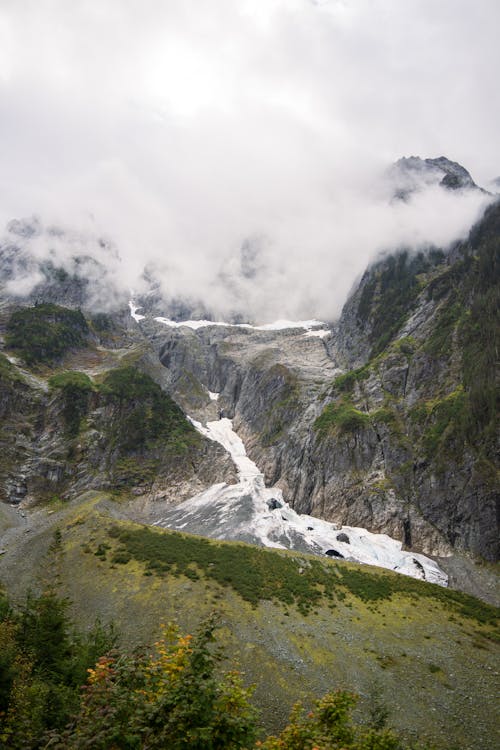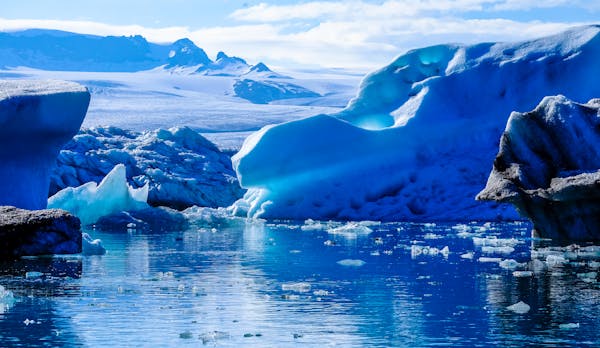
World Water Day, celebrated annually on March 22nd since 1993, is a global event dedicated to raising awareness about the critical importance of freshwater and advocating for sustainable management of water resources. This day serves as a reminder of the pressing challenges regarding water scarcity, quality, and accessibility that millions around the world face. It also highlights the vital role water plays in achieving global development goals.
In 2025, the theme of World Water Day is “Glacier Preservation,” which aims to shine a light on the urgent need to protect glaciers, which are vital freshwater reserves for millions of people around the world.
The Importance of Glaciers
Glaciers are immense bodies of ice that store approximately 70% of the planet’s freshwater. They serve as natural water towers, feeding rivers, lakes, and aquifers that provide water for agriculture, drinking, industry, and energy generation. Many regions, especially in Asia, South America, and Europe, rely on glacier-fed water sources for daily survival and economic activity. However, glaciers are increasingly under threat due to climate change. Rising global temperatures are causing glaciers to melt at unprecedented rates, contributing to reduced freshwater supplies for millions of people.
The Link Between Glaciers and Sustainable Development Goal 6
World Water Day’s focus on glacier preservation directly supports Sustainable Development Goal (SDG) 6, which calls for ensuring availability and sustainable management of water and sanitation for all by 2030. The accelerated melting of glaciers threatens to disrupt local water supplies, leading to water scarcity and putting at risk the achievement of SDG 6. Protecting glaciers is, therefore, crucial to ensuring that future generations have access to clean, reliable water sources.

Addressing the Issue
To safeguard these precious freshwater reserves, it is essential for governments, organizations, and communities to take concerted action. Some key areas of focus for glacier preservation include:
Mitigating Climate Change: The most effective way to protect glaciers is by addressing the root cause of their accelerated melting—global warming. Reducing greenhouse gas emissions, transitioning to renewable energy, and implementing climate action policies are critical to slowing the rise in global temperatures.
Monitoring Glacial Health: Regular monitoring of glaciers is essential to understand their health and rate of melting. This data can inform policies and interventions designed to protect these critical water sources.
Promoting Water Conservation: As glaciers melt, freshwater supplies may become more unpredictable. Promoting water conservation practices at the individual, community, and industrial levels is essential to ensure water remains available for future generations.
Supporting Research and Innovation: Investing in research to better understand glacial systems and innovative solutions for water management will help mitigate the impacts of glacier loss and ensure the sustainability of water resources.
Why It Matters
Glacier preservation isn’t just an environmental issue; it is a matter of global water security. Over 2 billion people live in regions that rely on glacial meltwater, and as glaciers continue to retreat, these communities face the growing risk of water shortages. Additionally, the loss of glaciers has broader environmental consequences, including rising sea levels and disruptions to local ecosystems.
Conclusion
World Water Day 2025 provides an opportunity for individuals, communities, and nations to reflect on the critical role that glaciers play in ensuring a sustainable water supply for future generations. By focusing on glacier preservation, we are reminded that the fight for water security is intrinsically linked to climate action. To achieve SDG 6—water and sanitation for all by 2030—it is essential to act now to protect the glaciers that provide water for millions. Together, we can ensure that our planet’s precious freshwater resources are safeguarded for the future.

Leave a Reply